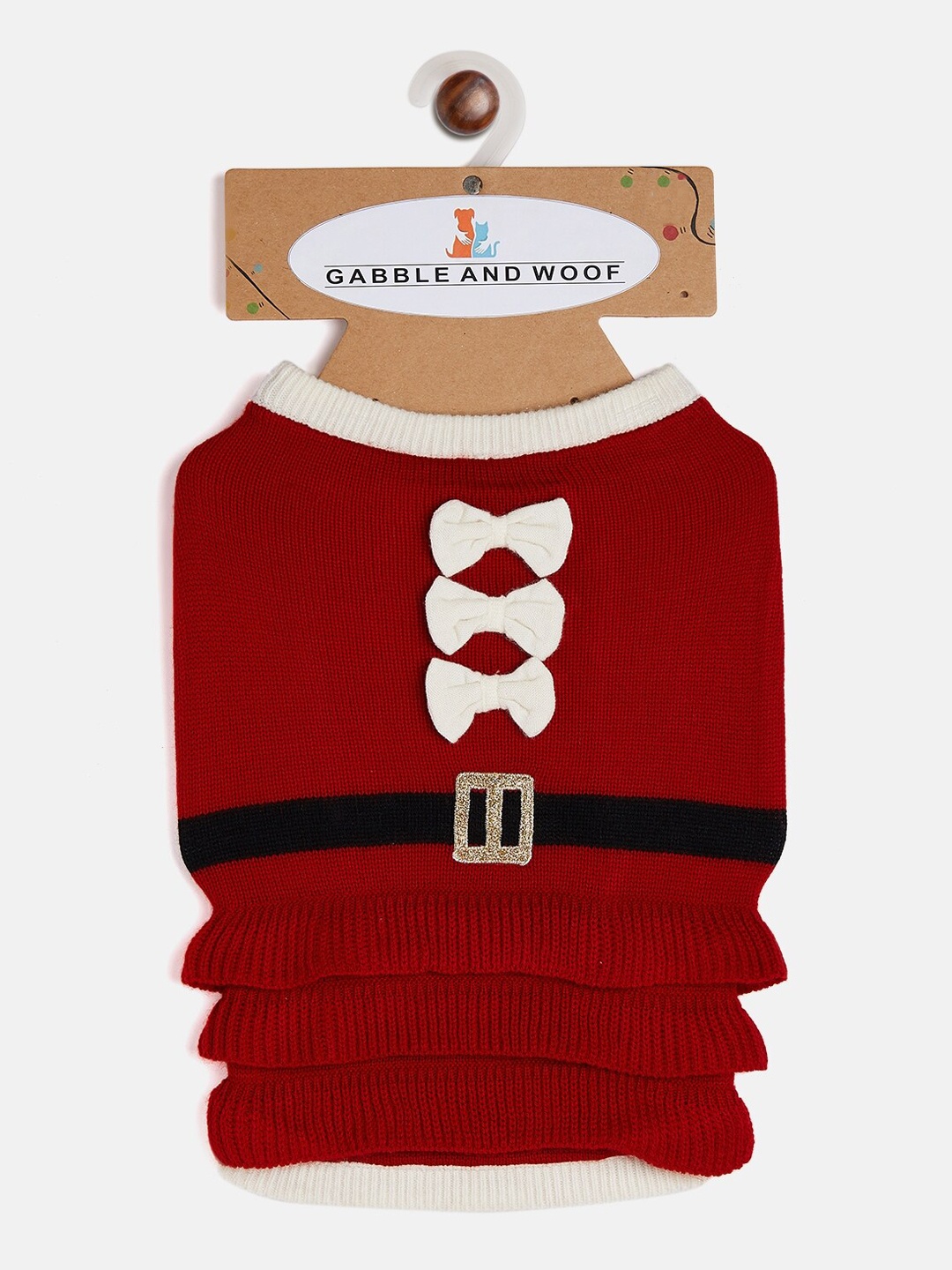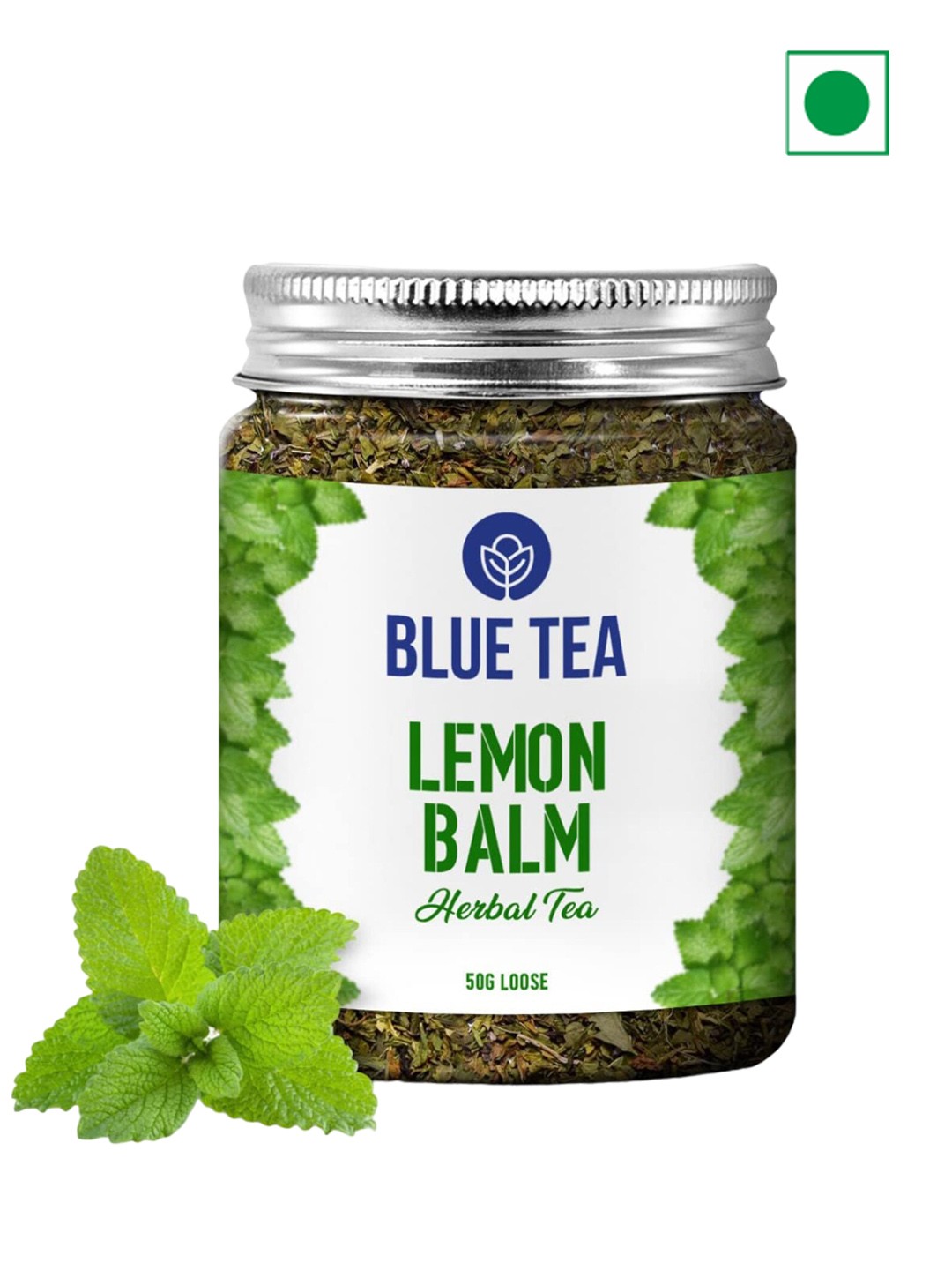Rethinking Flour: 5 Gluten-Free Flours To Elevate Your Everyday Cooking
Discover five nutrition-packed alternatives to wheat flour. Learn their health benefits, unique flavours and best uses for a healthier, more varied diet.

These gluten-free options are suitable for people with sensitivities or intolerances
For centuries, wheat flour has been a cornerstone of kitchens across the world. It has given us bread, rotis, pastries, biscuits and countless other comforting staples. But as awareness around nutrition grows, more people are rethinking their dependence on wheat. Gluten intolerance, lifestyle diseases, and a quest for better nourishment have all pushed us to look at other grains with fresh eyes.

Adding diverse flours to your diet reduces monotony and makes meals more balanced and wholesome
Photo Credit: Pexels
The truth is, wheat isn't the only option. Traditional grains and pulses, some long forgotten, are making a comeback, celebrated not only for their health benefits but also for the rich variety of flavours and textures they bring to our plates. Here, we explore five wholesome alternatives to wheat flour that deserve pride of place in your kitchen.
Also Read: Multigrain Atta vs Single Grain Atta: Which One Should You Choose And Why?
Top 5 Non-Wheat Healthier Alternatives
1. Jowar Flour
Also known as sorghum, jowar has been cultivated for thousands of years in India and Africa. Ground into flour, jowar becomes a powerhouse of nutrition.
Jowar is naturally gluten-free and high in dietary fibre, which makes it excellent for digestive health. It is also rich in iron, protein and antioxidants that help fight inflammation. For those managing diabetes, jowar's low glycaemic index helps regulate blood sugar levels, offering sustained energy rather than quick spikes.
In the kitchen, jowar flour is most commonly used to make rotis, but it also lends itself to pancakes, flatbreads, and even healthy versions of muffins or cookies when blended with other flours. Its mild flavour makes it versatile while adding a touch of heartiness to dishes.
2. Barley Flour
Barley is one of the oldest cultivated grains in the world, revered in ancient civilisations for its hardiness and nourishment. When milled into flour, it brings a nutty flavour and a slightly chewy texture.
Nutritionally, barley flour is a rich source of soluble fibre, particularly beta-glucan, which helps reduce cholesterol and supports heart health. It also aids in stabilising blood sugar, making it a smart choice for those with metabolic concerns. Packed with vitamins and minerals, including selenium and magnesium, barley provides all-round support for immunity and bone health.
Culinary uses for barley flour are vast. It can be used in bread, muffins and cakes, often blended with other flours for better structure. In traditional diets, it is also stirred into porridges or used to make rustic flatbreads that pair beautifully with vegetables or stews.
3. Ragi Flour
Ragi, also known as finger millet, is often hailed as a super grain, and with good reason. Indigenous to India and parts of Africa, ragi flour has been a nutritional lifeline for generations.
It is one of the richest plant-based sources of calcium, making it invaluable for bone health, especially for growing children and the elderly. Ragi is also high in fibre, which helps with satiety and weight management, while its iron content combats anaemia. Unlike wheat, ragi is naturally gluten-free, making it suitable for those with sensitivities.
Ragi flour can be transformed into rotis, dosas, porridges or even baked goods. Its earthy, slightly nutty flavour works well in both savoury and sweet preparations. Ragi porridge, for instance, remains a comforting breakfast option packed with energy and nutrients.
4. Oat Flour
Oats are beloved at the breakfast table, but when ground into flour, they become a wholesome alternative to wheat. Oat flour carries a mild sweetness and a soft texture, making it a favourite for baking.
Rich in soluble fibre, particularly beta-glucan, oat flour is known to lower cholesterol and promote heart health. It also releases energy slowly, preventing sugar spikes and keeping you fuller for longer. Additionally, oats provide a good amount of protein compared to many other grains.
Oat flour shines in pancakes, muffins, cookies and bread, often working best when combined with other flours. For those easing into wheat alternatives, oats offer a familiar taste and texture, bridging tradition and health with ease.
5. Black Gram Flour
Known as besan in India, black gram flour is made from ground black gram and has long been a staple in South Asian and Mediterranean cuisines. With its nutty flavour and fine texture, it is both tasty and deeply nourishing.
Black gram flour is high in protein, making it an excellent choice for vegetarians and vegans seeking plant-based protein sources. It is also rich in fibre and micronutrients such as folate and iron. Its low glycaemic index makes it suitable for those managing diabetes, while its density ensures satisfying, filling meals.
From pakoras and savoury pancakes to Mediterranean falafel and Italian socca, black gram flour has a remarkable culinary range. It also works as a natural thickener for soups and sauces or as part of bread and pizza dough for a wholesome twist.
A Plate Beyond Wheat
Replacing wheat flour doesn't have to feel restrictive. Jowar, barley, ragi, oat and black gram flours are all affordable, accessible and brimming with nutrients. More importantly, they remind us of the diversity of grains that have always existed in our food heritage but were overshadowed by wheat's dominance.
Experimenting with these alternatives can enrich your cooking, add variety to your meals, and support a healthier lifestyle. Whether it's the calcium boost from ragi, the protein punch of black gram, or the heart-loving fibre in barley and oats, each flour has a unique gift to offer.
Eating healthily, after all, is not just about what you leave out, but about what you bring in. With these flours on your shelf, your diet becomes not only more nourishing but also more adventurous.
Frequently Asked Questions (FAQs)
1. Which flour is the healthiest alternative to wheat?
There isn't a single “healthiest” option, it depends on your needs. Ragi is excellent for calcium, jowar helps regulate blood sugar, oats and barley are heart-friendly, while black gram flour offers high protein.
2. Can I completely replace wheat flour with alternatives?
Yes, but results vary depending on the recipe. Some flours, like ragi or black gram, are best used with other flours for texture and binding.
3. Are these wheat alternatives gluten-free?
Jowar, ragi, and black gram flour are naturally gluten-free. Oat flour is gluten-free only if certified. Barley flour contains gluten.
4. Which wheat flour substitute is best for baking cakes?
Oat flour and almond flour (if added) are great for cakes, while black gram flour works better in savoury bakes.
5. Can these flours help with weight management?
Yes. High-fibre flours like jowar, ragi, oats and black gram help keep you full longer, reducing unhealthy snacking and supporting weight control.

























